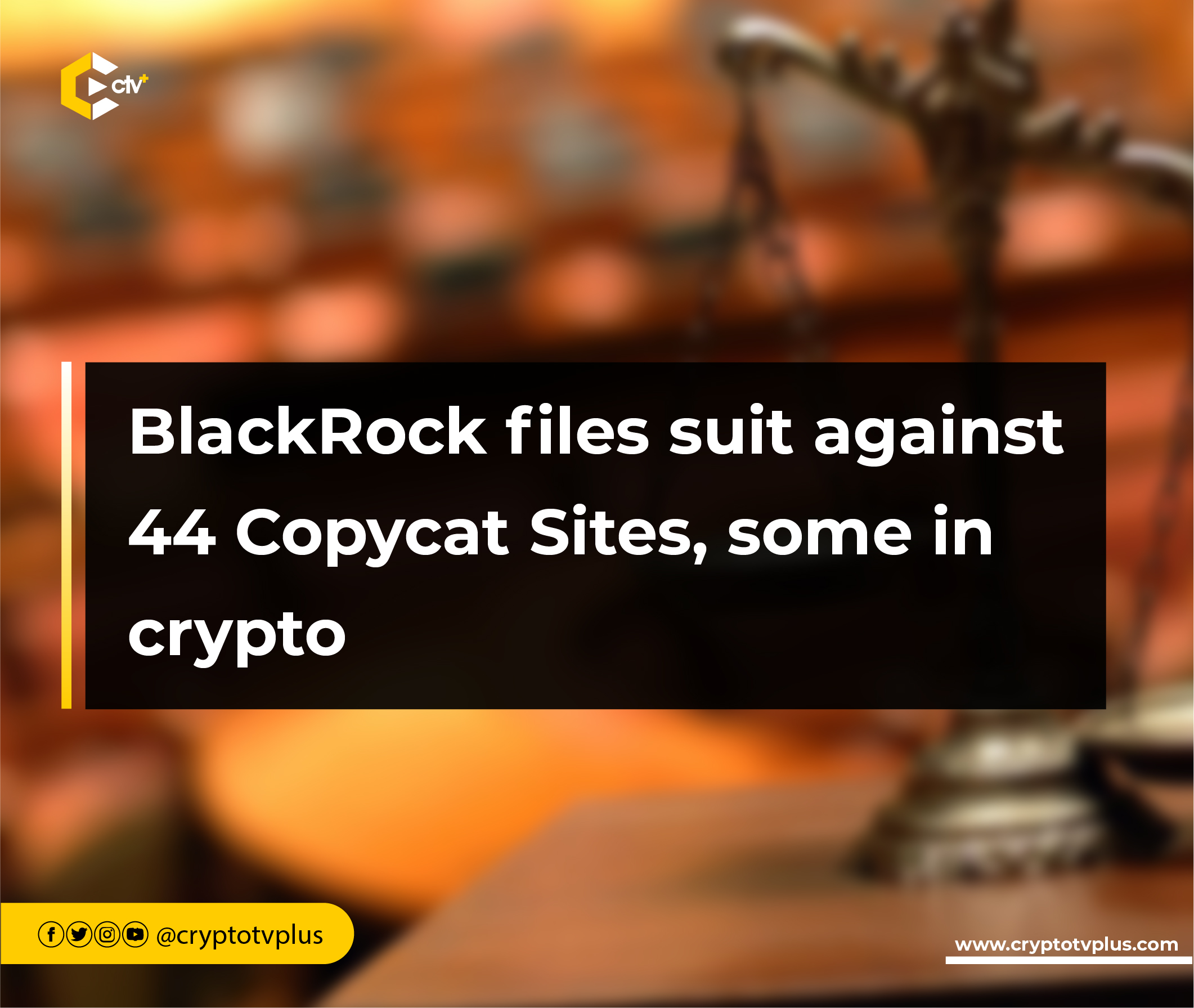News
BlackRock files suit against 44 Copycat Sites, some in crypto

BlackRock, the world’s largest asset manager, has taken action to secure ownership of several domain names that individuals have registered with the intent to misleadingly imitate the company.
BlackRock has identified several suspicious websites that it believes are attempting to capitalize on its brand and is seeking to have them removed or taken down.
On October 10, BlackRock initiated legal action in the United States District Court for the Eastern District of Virginia. They filed a formal complaint against the owners of 44 online domain names that incorporated terms like “Blackrock,” “Aladdin,” “capital,” “crypto,” and “investments.”
According to the complaint, BlackRock alleges that the websites were registered in bad faith in an attempt to capitalize on consumer confusion, using tactics such as pay-per-click ads, malware, and phishing attacks.
Attorneys from the Wiley Rein LLP law firm, representing BlackRock, referred to research indicating that ‘typosquatting’ has targeted more than 95% of the top 500 websites on the internet. This practice involves registering domains that intentionally mimic the typographical errors of legitimate websites.
BlackRock alleges that the registrants of the disputed domains have violated the Anti-Cybersquatting Consumer Protection Act, which prohibits the use of confusingly similar domain names to deceive consumers.
Among the domain names, a few were related to cryptocurrencies, such as blackrock-crypto dot net, which did not load, and crypto-blackrock dot com, which appeared to provide web design services.
Nevertheless, Cointelegraph found that the majority of these domains, when tested, either remained inaccessible or exhibited characteristics indicative of typical cybersquatting.
However, to try to identify the individuals or entities who registered the disputed domains, BlackRock used the publicly available Whois database.
BlackRock’s objective is to secure ownership of the infringing domains, obtain compensation for damages, and obtain legal orders to prevent future acts of cybersquatting and trademark infringement on their registered trademarks BLACKROCK, ALADDIN, and BLK by the defendants.
In some cases, individuals have used copycat domain names to advertise scams or distribute malicious software through advertising platforms such as Google and Facebook.
According to previous reporting by Cointelegraph, fake websites promoted via Google Ads have been responsible for more than $4 million in losses to victims.

























1 Comment